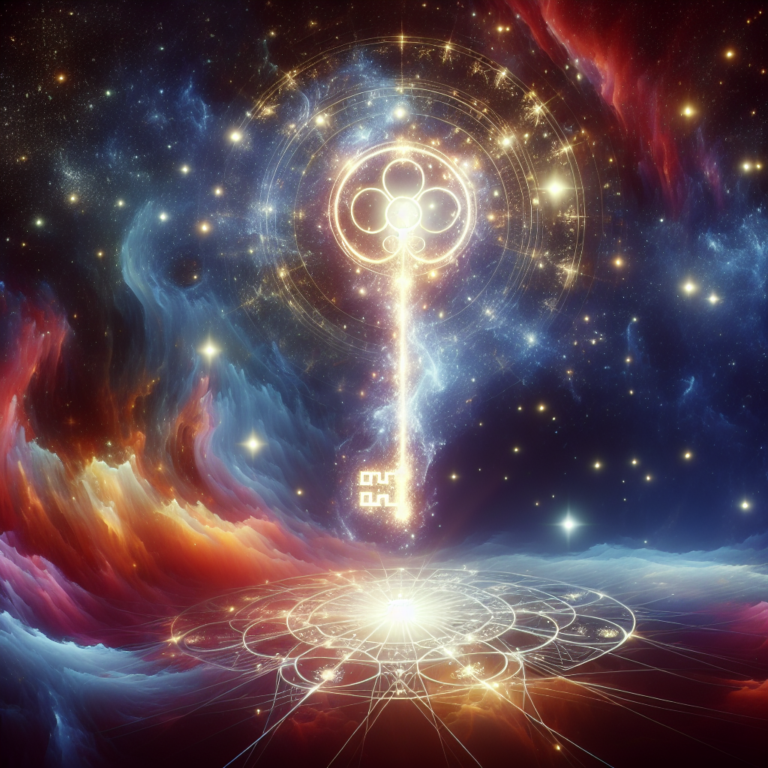Introduction
The concept of karma has long captivated humanity, embedding itself in various cultural narratives that explore the relationship between action and consequence. However, the idea of "instant karma," where justice is served almost immediately after a wrongful act, adds a tantalising twist to the traditional understanding of karma. It is a term often used in colloquial speech, describing situations where individuals are met with the consequences of their actions in an extraordinarily timely manner, leaving observers both entertained and satisfied. In this article, we delve into the backdrop of instant karma, its prevalence in our daily lives, and the psychological and philosophical implications of witnessing such swift retribution.
Understanding Karma
Karma originates from ancient Indian philosophy, predominantly within Hinduism, Buddhism, and Jainism, representing a universal moral law of cause and effect. Essentially, it posits that every action (good or bad) influences one’s future, leading to appropriate outcomes based on one’s ethical choices. While traditional karma can take time—spanning lifetimes—instant karma focuses on those fleeting moments when justice seems to be delivered on a silver platter, almost as a cosmic retribution.
The Appeal of Instant Karma
There is an inherent allure to instant karma that draws people to the concept. It encapsulates a form of justice that feels fair and immediate, offering a sense of closure. When we witness someone acting selfishly or malevolently, only to be confronted with swift and ironic consequences, it resonates with our intrinsic desire for balance in the world. Whether it’s someone littering who promptly trips over a curb, or a boastful driver getting pulled over by law enforcement moments after cutting off other motorists, these examples fuel our belief in a just universe.
Cultural Reflections
Instant karma has found its way into various cultural products from films and television, where the concept is often employed as comedic relief or moral lessons. Movie plots frequently showcase characters who suffer losses seemingly proportional to their dubious actions, reinforcing societal norms regarding ethical behavior. Similarly, internet virality has birthed countless videos showcasing instances of instant karma, quickly gaining traction as society revels in these moments of poetic justice.
Psychological Implications
Beyond mere entertainment, the existence of instant karma aligns with several psychological facets of human nature. When we observe others facing immediate repercussions, it evokes feelings of satisfaction and vindication. Psychologists argue that these instances bolster our belief in a just world, a theory dubbed the "just-world hypothesis." This belief serves as a psychological anchor, helping individuals reconcile the chaos of life by assuring them that people generally get what they deserve.
Conversely, instant karma also plays a role in moral reinforcement. When individuals see vindication for ethical behavior, it reinforces their own moral compass. As a collective, society gleaned from these moments, strengthens social bonds by uniting the community around shared values of fairness and justice.
Notable Instances of Instant Karma
Some famous instances of instant karma illustrate the concept perfectly:
The Dog Walker: An individual is seen ignoring leash laws, allowing their dog to run wild and create chaos. Moments later, the dog wanders off and is promptly caught by animal control, leading to an instant lesson in accountability.
The Jerk in Traffic: A driver who has been tailgating and exhibiting aggressive behavior suddenly finds themselves involved in a minor accident, teaching them a lesson in patience.
- The Arcade Thief: A person who attempts to steal tokens from an arcade machine ends up getting electrocuted by the machine’s anti-theft system, providing instant justice.
These tales, often shared online or via word of mouth, reflect not only amusement but also a sense of moral assurance that encourages ethical behavior.
Philosophical Perspectives on Instant Karma
Philosophically, instant karma raises questions about free will, justice, and predestination. Critics of the concept argue that it promotes a simplistic understanding of morality, glossing over the complexities of human behavior and consequences. It could potentially lead people to overlook the deeper psychological, social, and economic factors that drive individuals to act unethically.
The reality of life reveals that not all actions yield immediate consequences, creating a moral ambiguity that can be disillusioning. Thus, while instant karma delights us with its swift justice, it can also prompt reflections on the unpredictability of life, where not every action results in an immediate response. Is it a mere coincidence, or a reminder of the intricate dance between fate and free will?
The Role of Social Media in Instant Karma
The rise of social media has transformed instant karma from personal anecdotes into collective experiences. Platforms like Facebook, Twitter, and TikTok are rife with videos capturing moments of poetic justice. Videos that showcase instant karma often go viral, allowing wider audiences to experience that sense of satisfaction and moral rightness. This communal sharing encourages a culture that finds humor in the misfortunes of wrongdoers, transforming the individual experience into a societal event.
Conclusion
Instant karma is more than just a catchy phrase; it encapsulates a profound sense of justice and cosmic balance that resonates deeply within us. While its prevalence in real life may vary, the stories that embody instant karma continue to captivate audiences globally. They serve as both entertainment and a moral guide, reinforcing ethical behavior and the belief in a righteous universe.
As we navigate through the complexities of life, the idea of instant karma invites us to reflect on our actions and consider the repercussions they may hold—whether immediate or deferred. In a world filled with uncertainty and moral ambiguity, perhaps these flashes of justice are reminders that, occasionally, the universe aligns in our favor, delivering a swift hand of justice when it is most needed.
FAQs about Instant Karma
What is instant karma?
- Instant karma refers to the phenomenon where individuals experience immediate consequences for their actions, often in a poetic or ironic manner.
Is instant karma a real concept?
- While the idea of instant karma is rooted in beliefs about cause and effect, real-life instances can vary significantly. It serves more as a narrative device and social commentary than a strict philosophical principle.
Does instant karma always happen?
- No, instant karma does not occur in every situation. Life is complex, and not all actions lead to immediate consequences.
Why do people enjoy stories of instant karma?
- People find satisfaction and moral reinforcement in such stories, as they align with a belief in a just world where wrongdoers face consequences for their actions.
- How has social media affected the perception of instant karma?
- Social media has amplified the visibility of instant karma, allowing users to share videos and stories that quickly engage wider audiences, promoting a culture that celebrates moral justice.
It seems like you may have forgotten to include further details or a specific question in your prompt. How can I assist you today? Whether you need information, creative writing, or help with a specific topic, feel free to let me know!, #Instant #Karma #Fate #Delivers #Swift #Justice, #Instant #Karma #Fate #Delivers #Swift #Justice, 1734569585, instant-karma-when-fate-delivers-swift-justice





